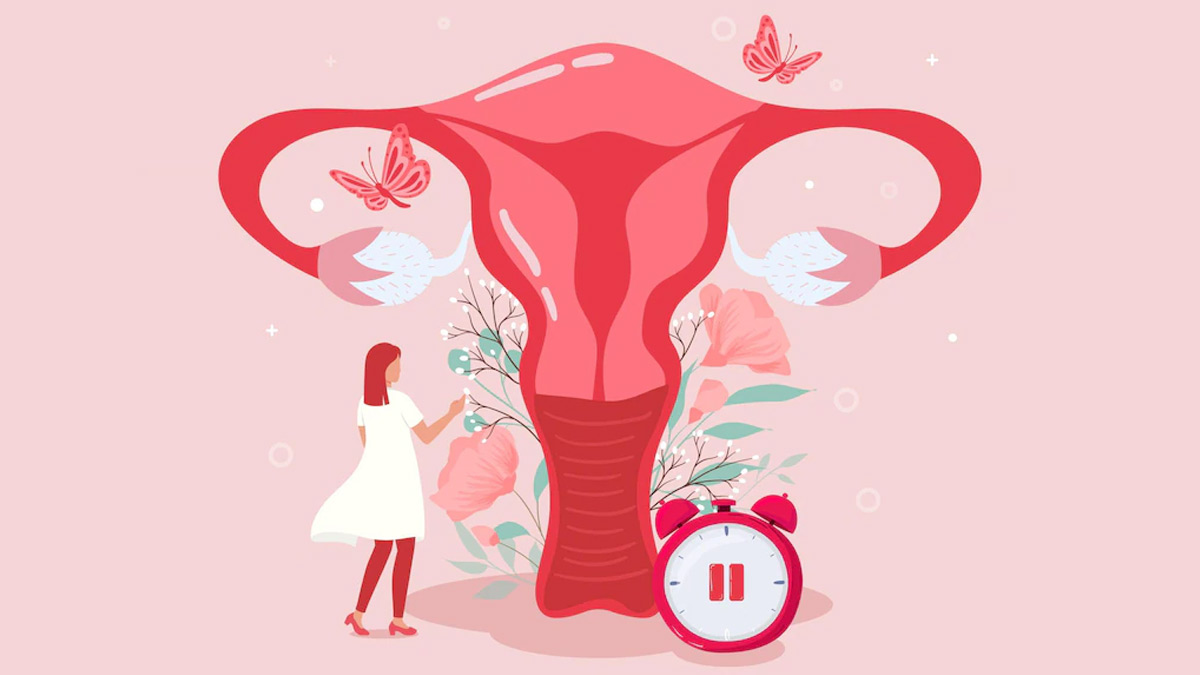
Ageing is a natural part of the human life cycle, and a lot of changes come with it. The most prominent one is the hormonal change that occurs naturally along with ageing. Doctors have found that not only women but also men go through hormonal changes as they age. In medical terms, the condition of hormonal change in men is called ‘Andropause’.
Table of Content:-
Andropause is associated with decreased sexual satisfaction or a perceived decline in fitness usually linked with low levels of testosterone as a person ages. However, it is completely different than menopause in women. About 30% of men in their 50s experience these symptoms due to low testosterone levels.
Difference Between Menopause And Andropause
Withdrawal of ovulation is the result of menopause in women, while it occurs for a short time in men. However, the level of testosterone and its production gradually decreases and then increases with time. In the case of andropause, the reproductive organs remain functional. Men can still produce sperm, unlike women, men have the ability to be fertile. It is a fact that menopause is generally considered the end of the fertile phase for women. Although andropause may cause impotence or erectile dysfunction, it does not impair a man's ability to reproduce.

What Is Testosterone?
It is a hormone produced in the testicles of men. It affects the changes of puberty, mental and physical energy, maintenance of muscle mass, regulation of the fight-or-give-up response, and other key biochemical characteristics. Once the age of 30 is crossed, testosterone levels will gradually decrease by 1% every year.
Male andropause is characterised by a decrease in testosterone production in men over the age of 50. Decreased testosterone levels may vary and can be caused due to chronic diseases, such as obesity, diabetes, kidney disease, HIV, severe emotional stress, and medications (corticosteroids, cimetidine, spironolactone, digoxin, opioid analgesics, causes include effects of antidepressants and antifungal agents).
Also read: Include These 5 Foods In Your Diet To Boost The Testosterone Levels
Symptoms Of Andropause
- Accumulation of fat in the body
- Venereal disease
- Low libido (low sex drive)
- Thinning of the skin
- Dryness of the skin
- Irritability and mood swings
- Depression
- Decrease in muscle mass
- Reduced concentration ability
- Hyperhidrosis (excessive sweating)
Test For Andropause
Andropause is usually diagnosed by a urologist or a fertility specialist through examination of symptoms and evaluating blood hormone levels. The symptoms of male andropause are potentially treatable. In some men, the drop in hormone levels can be reduced by simply managing health and lifestyle factors (exercise, stress reduction, healthy diet, and adequate sleep). But, in some cases, medication or testosterone replacement therapy may be recommended.
Also read: Weighing the Risks and Benefits of Treating Low Testosterone
Treatment Of Andropause
Replacing testosterone in the blood is the most common treatment for men going through andropause. Testosterone is available in several forms, such as skin patches, capsules, gels, and injections. Your doctor will help you decide which treatment is best for you and will take your lifestyle into account while making that decision. Treatment should always be done under the supervision of a doctor. These treatments can relieve symptoms and in many cases improve quality of life.
Image credit: freepik
Also watch this video
How we keep this article up to date:
We work with experts and keep a close eye on the latest in health and wellness. Whenever there is a new research or helpful information, we update our articles with accurate and useful advice.
Current Version
